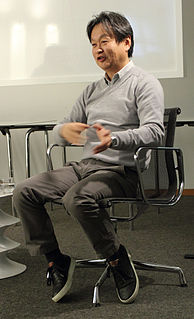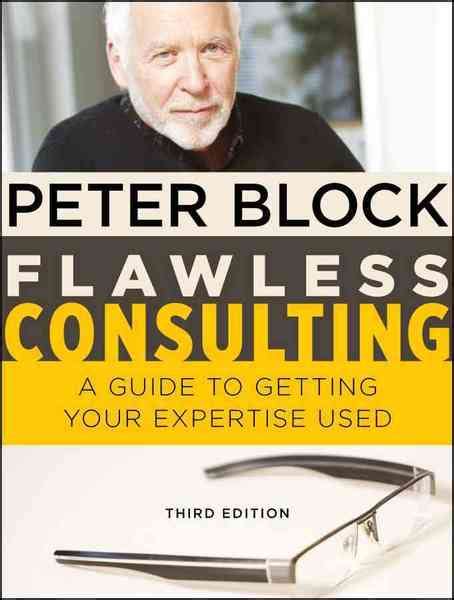A Quote by Naoto Fukasawa
Design needs to be plugged into human behavior. Design dissolves in behavior.
Quote Topics
Related Quotes
Good design is innovative
2. Good design makes a product useful
3. Good design is aesthetic
4. Good design makes a product understandable
5. Good design is unobtrusive
6. Good design is honest
7. Good design is long-lasting
8. Good design is thorough, down to the last detail
9. Good design is environmentally friendly
10. Good design is as little design as possible
Design is a field of concern, response, and enquiry as often as decision and consequence... it is convenient to group design into three simple categories, though the distinctions are in no way absolute, nor are they always so described: product design (things), environment design (places) and communication design (messages).
I ended up going to do a matches program at the state for industrial design. And from there, I got hired at IDEO to joint their design team there - and basically, you are starting as an industrial designer to design products - and then kept asking the question, 'What else can design accomplish? What else can design do?'
Art arises in those strange complexities of action that are called human beings. It is a kind of human behavior. As such it is not magic, except as human beings are magical. Nor is it concerned in absolutes, eternities, "forms," beyond those that may reside in the context of the human being and be subject to his vicissitudes. Art is not an inner state of consciousness, whatever that may mean. Neither is it essentially a supreme form of communication. Art is human behavior, and its values are contained in human behavior.
I like to question the minutia, to get to the essence of things. The minutia of life is all about design. It's about the design of how you talk to another human being; it's the design of speech; it's the design of everything we do. We need to be better at listening, and we need to aim more directly at understanding and being understood.
True doctrine, understood, changes attitudes and behavior. The study of the doctrines of the gospel will improve behavior quicker than a study of behavior will improve behavior. Preoccupation with unworthy behavior can lead to unworthy behavior. That is why we stress so forcefully the study of the doctrines of the gospel.







































